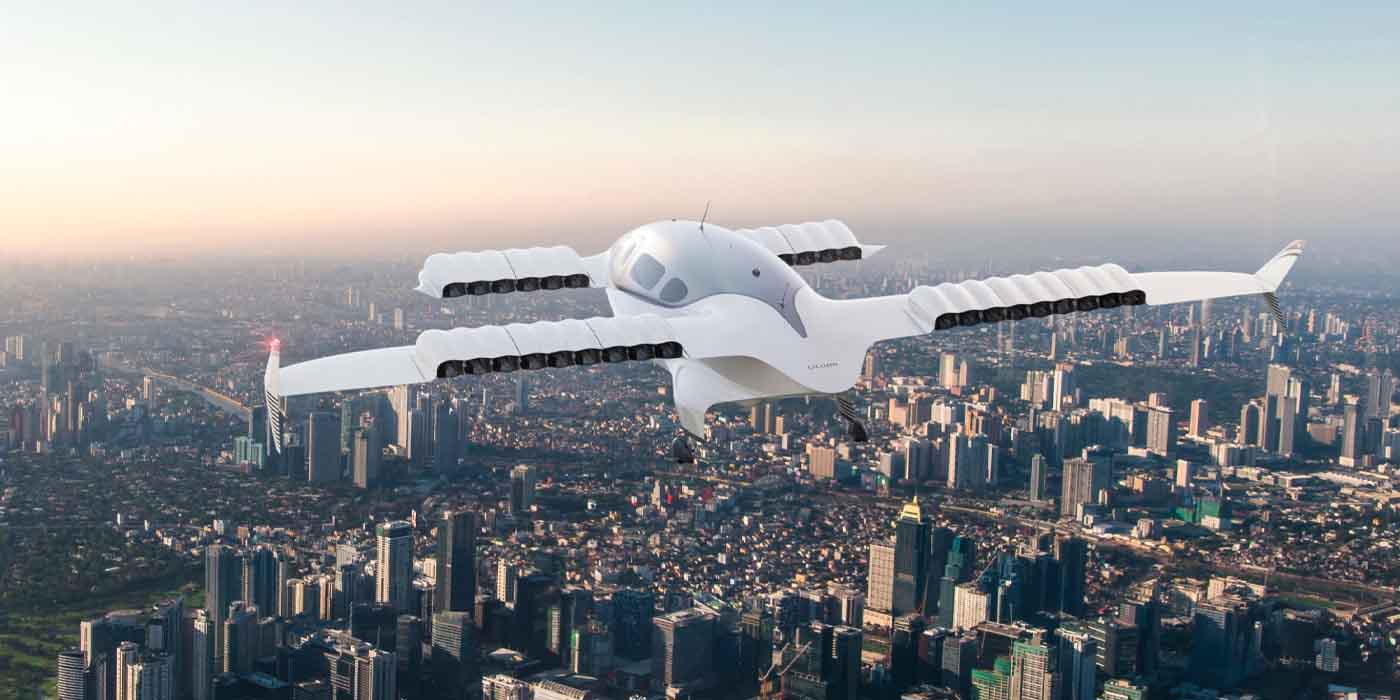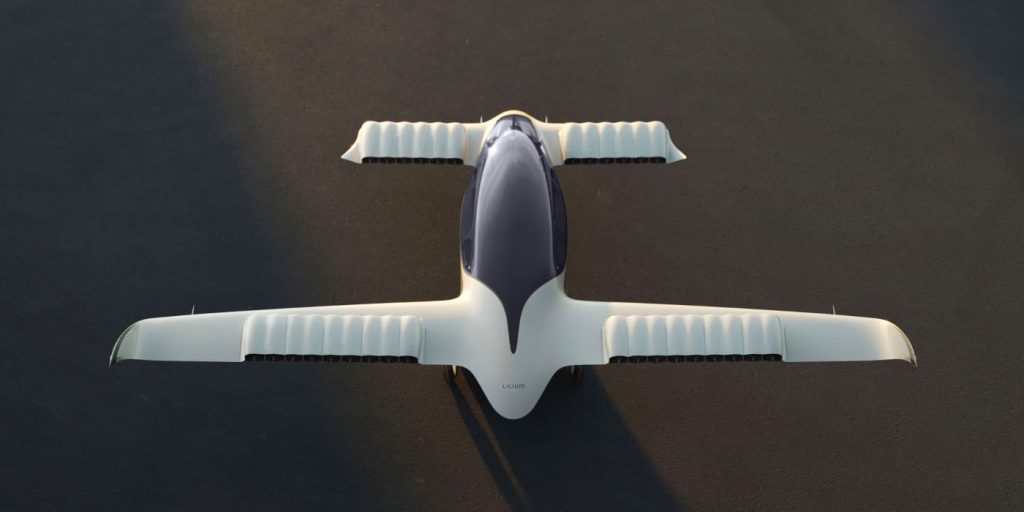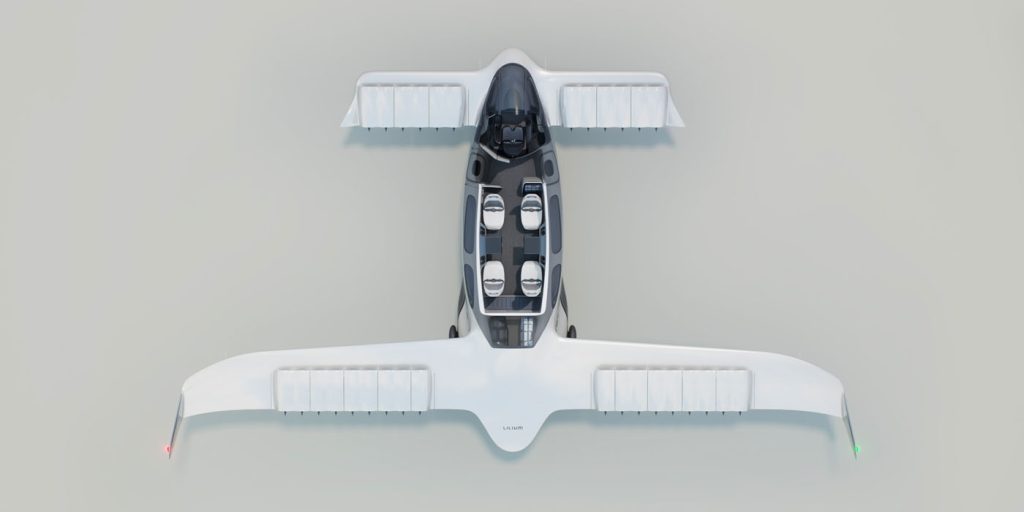
During this year’s Singapore Airshow, electric Vertical Takeoff and Landing (eVTOL) jet developer Lilium has signed a memorandum of understanding with global aviation services provider PhilJets to bring on-demand travel services in Asia, beginning in the Philippines.
Lilium ($LILM) is an advanced air mobility (AAM) startup founded in Munich, Germany, in 2015 that has since expanded its footprint of development teams across Europe and the United States. Its current staff is approaching 1,000 personnel, including 500 aerospace engineers, who continue to work toward bringing Lilium’s unique eVTOL Jet design to commercial operations.
We’ve been following the progress of Lilium since 2016 and have reported on its progress and early failures leading up to today’s news. Most recently, Lilium achieved development certification from the European Aviation Safety Agency (EASA), enabling the company to continue developing, testing, and preparing its eVTOL jets with less EASA oversight en route toward certification and production before commercial operations.
While the German eVTOL specialist continues to make strides in Germany, we may see the first initial air-taxi rides in its jets on another continent – Asia. More specifically, the Philippines.
Lilium plans to bring eVTOL jet operations to Asia
Per news from Lilium today, it signed a Memorandum of Understanding (MoU) with PhilJets – a boutique aviation transport services group based in the Philippines that currently serves the Association of Southeast Asian Nations (ASEAN) region.
Under the agreement signed in Singapore today, PhilJets intends to purchase ten eVTOL jets from Lilium as part of a strategic collaboration that also entails the establishment of air taxi and private flight operations across the Philippines and other ASEAN countries, such as Cambodia.
The new partners shared plans to identify potential sites, requirements, and potential partners for landing infrastructure in the region while sharing vertiport specifications. PhilJets will also gain access to Lilium’s Rolodex of eVTOL charging hardware providers.
From there, Lilium and PhilJets intend to develop and implement commercial eVTOL jet services, including aerial route planning and exploring passenger demand in the region. PhilJets Chairman Thierry Tea spoke about the new partnership with Lilium:
Our team is proud to collaborate with Lilium on the mission to transform the Philippine´s mobility with eVTOLs. With its growing economy, geography, and important tourism industry, the Philippines is a great match to the Lilium Jet´s capabilities. Innovation in aviation is gaining traction among regulators, urban planners, and industry leaders of worldwide economies. Providing efficient connectivity to customers while reducing carbon emissions is a major focus for air transport operators such as PhilJets. We are also looking forward to bringing this technology into Cambodia and other countries in the region.
The new partners shared that they chose the Philippines as a starting point for eVTOL jet travel in Asia because the country has over 7,500 islands. The quick and sustainable regional air mobility Lilium’s eVTOL jets can provide feels like a perfect fit to decarbonize the region while also showcasing the potential of the technology for other island nations.
The Lilium Jet is powered by proprietary Ducted Electric Vectored Thrust (DEVT) technology integrated into its wind flaps, offering better aerodynamics and a lower noise profile than other eVTOLs with more drone-like designs.
The eVTOL offers a modular cabin that can be configured with up to six passenger seats plus the pilot or zero seats to support clean cargo logistics. Lilium eVTOL Jet production began in late 2023, ahead of commercial flights expected to start in 2026. Check out flight footage of the Jet below:
FTC: We use income earning auto affiliate links. More.






Comments